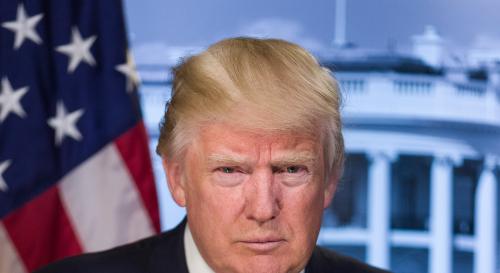
Breadcrumbs navigation
Emerging norms and international change: The responsibility not to veto and its impact on the Security Council
In this short video abstract, Eglantine Staunton discusses her key arguments from her new Review of International Studies article - Emerging norms and international change: The responsibility not to veto and its impact on the Security Council
Want to know more? You can read the full article at DOI: https://doi.org/10.1017/S0260210525101447
This is an open access article, however BISA members receive access to RIS (and to our other journal European Journal of International Security) as a benefit of membership. To gain access, log in to your BISA account and scroll down to the 'Membership benefits' section. If you're not yet a member join today.
Abstract
The use of the veto by Security Council members has played a central role in the international community’s failure to prevent atrocity situations. As a result, proposals have been put forward to restrain the use of the veto and are commonly referred to as the ‘responsibility not to veto’ (RNTV). So far, existing research has focused on the history of the RNTV and the strengths and weaknesses of specific proposals. However, this article is interested in a different question: does the RNTV constitute an emerging norm that is progressively leading to behavioural change from veto users and other members of the international community? Drawing on norm research and an extensive discourse analysis of over 5,500 statements made during Security Council and General Assembly debates between 1990 and 2023, this article argues that it does. To do so, it clarifies what an emerging norm is, the impact it can have, and how to trace it. Through this analysis, this article not only contributes to our understanding of the RNTV and broader debates on the Security Council but also promotes a stronger understanding of ongoing change in international relations by emphasising the impact emerging norms can have and ways to trace them.
Photo by Diana Krotova on Unsplash

